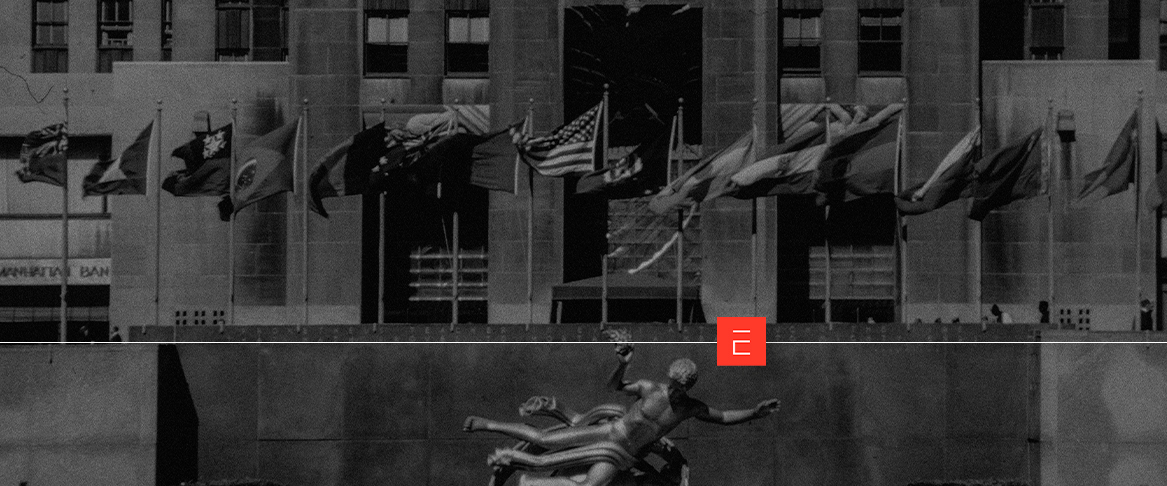The challenge to the authority of the UN and the ICC after the archiving of the arrest warrant against Israeli leaders
On June 24, 2025, according to diplomatic sources and international media, the International Criminal Court (ICC) considered the provisional suspension of the procedure for issuing arrest warrants against senior Israeli government officials, including the Prime Minister and the Minister of Defense, in the context of the conflict in Gaza. This decision, motivated by the lack of cooperation of several States party to the Rome Statute[1] and, according to various sources, allegedly influenced by the UN Security Council, has generated an intense legal and political debate on the legitimacy, independence and effectiveness of international bodies in the application of international criminal law.
The measure was described by human rights organizations as “a surrender to geopolitical pressure”, while countries such as South Africa, Belgium and Chile have expressed their concern about the precedent set by the possible suspension of proceedings at an advanced stage, and about the risks of institutional erosion in multilateral justice systems.
Legal basis and procedural controversy
The arrest warrants were requested by the ICC Office[2] of the Prosecutor on the grounds of alleged war crimes and crimes against humanity, in the context of the 2023-2024 hostilities in Gaza, which left more than 11,000 civilians dead. The request was supported by documentary evidence and testimonies obtained through international cooperation mechanisms.
However, the lack of execution of the orders by States obliged to do so under the Rome Statute, as well as explicit diplomatic threats by the United States and the United Kingdom, would have led the Pre-Trial Chamber to consider a stay of proceedings pending more favorable conditions for their implementation.
From a legal perspective, this decision opens an institutional crisis on the real scope of the principle of complementarity, the execution of binding resolutions and the duty of cooperation of the States Parties. Academic organizations have warned that, if this trend continues, the ICC could become a symbolic mechanism with no practical effects in conflicts of high geopolitical relevance.
Challenge to international legality
The suspension has been interpreted by some analysts as a weakening of the international criminal justice system, and a possible violation of the right of victims to effective access to justice. The lack of neutrality, derived from political pressures, also undermines confidence in the impartiality of the Court and the UN as guarantors of the international legal order.
The case highlights the urgent need to reform the ICC’s enforcement mechanisms, review the prerogatives of the Security Council in activating or paralyzing judicial proceedings, and strengthen the budgetary and operational independence of the Office of the Prosecutor.
ECIJA is available to multilateral organizations, NGOs, victims and diplomatic actors to provide legal advice on international criminal law, human rights protection, reparation mechanisms and advocacy strategies before United Nations bodies.
ECIJA Mexico
socios.mexico@ecija.com
+52 55 5662 6840
www.ecija.com
[1] Article 86 of the Rome Statute establishes that the International Criminal Court shall be a permanent institution with jurisdiction over serious crimes of international concern.
[2] The prosecution requested the warrants in May 2024, but that a decision on their issuance is still pending.





